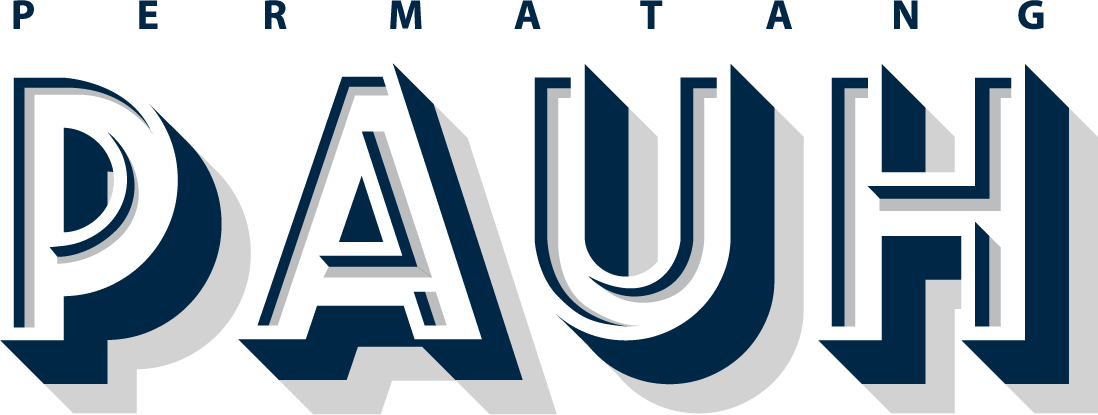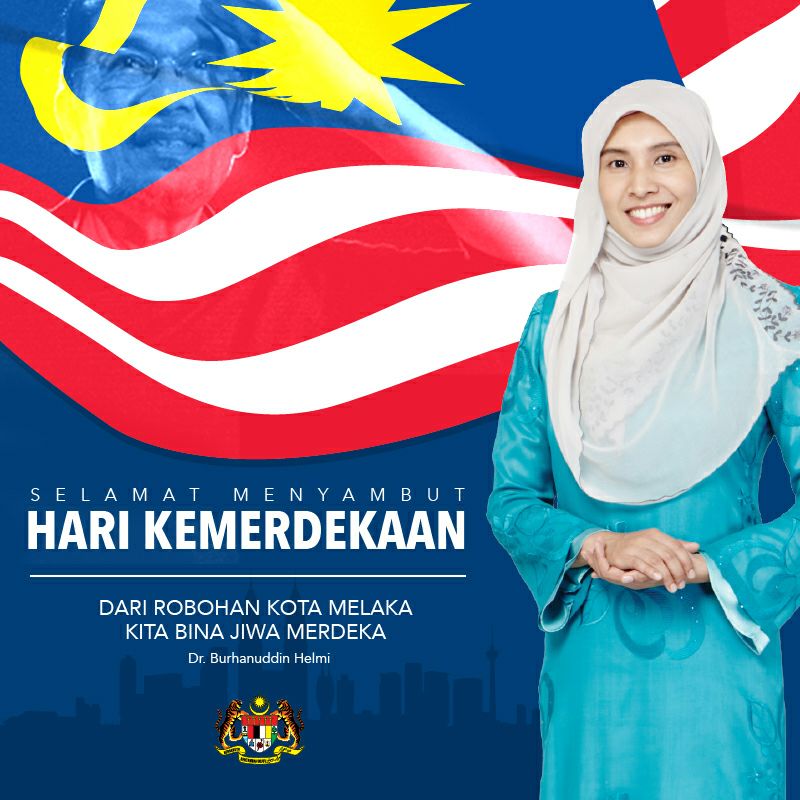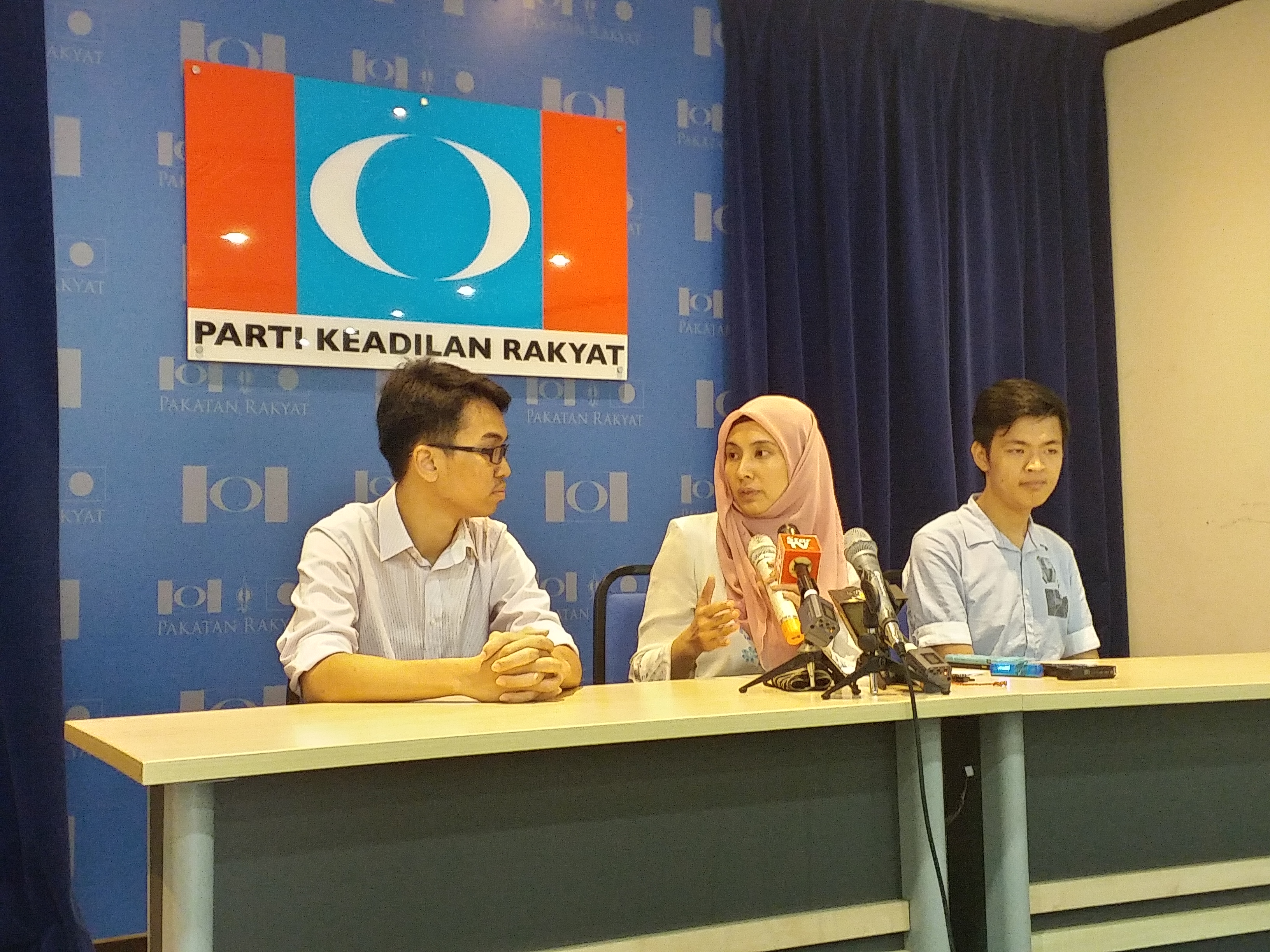Press Statement
For immediate release
11 June 2014
The need for a structured oversight of the management of Malaysia’s revenues from its oil and gas sector is more pressing than ever, especially now that Malaysian oilfields have entered the mature phase – of declining oil and gas extraction after more than 3 decades of extensive exploration and production.
Since it was established in 1974, Petroleum Nasional Berhad (Petronas) Malaysia’s state-owned energy company alone has contributed over RM700 billion (USD218 billion) to the government’s revenue. The government had also registered an escalated income hike of over RM140 billion within a short duration of 13 years, thanks to petroleum, comparing government’s income between 2000 and 2013.
Over the years however there have been constant doubts raised pertaining to where these funds actually do end up. Similarly, many wonder how much has the government received from corporations in the oil and gas sector.
The lack of transparency and accountability for the revenue surpluses from Malaysia’s petroleum are causes of concern for Malaysia as our public debt-to-GDP ratio hovers at an all-time high of more than 50% since 2010 (70 percent of GDP when contingent liabilities are taken into account); while short-term debt as a share of GDP reached 15.2% by end 2013, up from 10% in 2007. The oil and gas industry in Malaysia contributes nearly 40 percent of the country’s total revenues. If this is not serious enough, our household debt to disposable income is more than 140%; triggering alarm why the revenue surpluses is not assisting the real owner of these resources – the Malaysian public.
Besides a need for greater transparency and accountability pertaining to the management of these funds, there is a need for the Federal government to be able to efficiently track the financial flows and distribution of revenue from these sources.
For example, whilst 1 Malaysia Development Berhad (1MDB)’s RM5.8 billion loan is guaranteed by the government, the fund – formerly a sovereign wealth fund called the Terengganu Investment Authority set up in 2008 and backed by petroleum royalties due to the state from the Federal government – lacks the transparency and disclosure mechanisms necessary to generate and develop public confidence in its management.
The Extractive Industries Transparency Initiative (EITI) is an effort, which sets a global standard for the management of revenues from extractable resources. The EITI is a multi-stakeholder initiative consisting of governments, companies, and civil society operating on a prescriptive set of processes, which will monitor and oversee the collection and distribution of a country’s revenue from its extractive industries.
The result of these processes is an independent EITI report, which will then be disseminated to the public to create greater awareness, and to encourage debate about the management of the country’s extractable resources.
The implementation of EITI is an indication of a country’s seriousness towards being able to keep track of, and put to efficient use its revenues from its natural resources. Norway is one such country, having set up the Government Pension Fund – Global (previously known as The Petroleum Fund of Norway) in 1990 into which surplus wealth from petroleum income was to be deposited in order to counter the effects of an anticipated decline in income.
Malaysia’s own National Trust Fund (Kumpulan Wang Amanah Negara) was set up in 1988 under the National Trust Fund Act 1988, which stipulated that state royalties from petroleum and contributions by Petronas would be one of its main sources of funds.
To draw a comparison between the effectiveness in management of the Malaysian and Norwegian funds, in 2012 Norway’s oil and gas production (1,902,084 barrels of oil equivalent per day) was 3 times that of Malaysia’s (642,661 boepd). However, in stark contrast, Norway’s fund was worth RM2.15trillon (USD670 billion) in 2012 to our RM12.67 (USD3.95) billion (2012).
Within EITI’s set of standards are provisions for the full disclosure of government revenues from its extractive (mainly oil and gas) sector.
Moving forward, Malaysia should endeavour to set up a separate fund for the welfare of its citizens with its revenue surpluses from Petronas, and not be allocating such a high percentage of these revenues to its annual budget as it has been doing for years.
The Prime Minister and his government must move to implement the EITI process and standard. Malaysians must have meaningfully practical access over the use of the last RM700 billion (USD218 billion) of Petronas’ profits as well as revenues received from other oil and gas entities operating in Malaysia.
Nurul Izzah Anwar
Lembah Pantai, MP
People’s Justice Party, Vice-President



